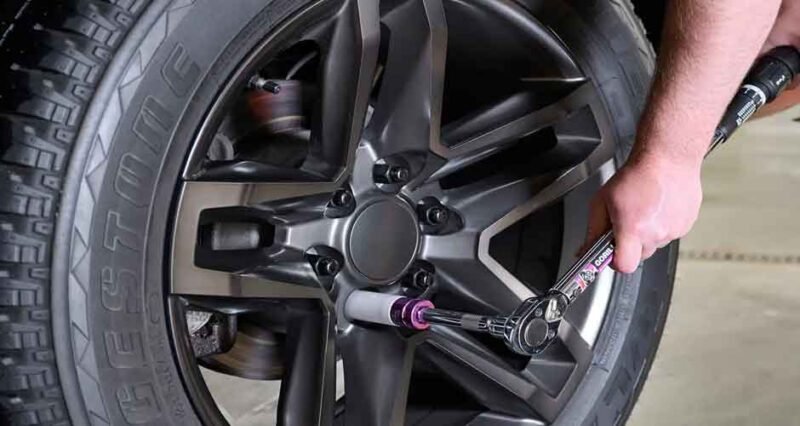
Automotive fasteners are basic supplies that are found in any auto shop or garage. Depending on the part, they can connect body components, attach trim pieces, and keep wheels on their hubs. Learn more to choose the right ones for your repair project.
Types of Automotive Fasteners
Automotive fasteners come in many shapes, sizes, and styles. Some, such as wheel lug nuts, are designed for very specific applications. Others are more versatile and can be used for multiple types of projects. Most auto shops carry a wide assortment of fasteners to ensure the right one is always on hand.
A variety of automotive fasteners include:
- Grade 5 hex head cap screws, which are an excellent choice for applications requiring medium-strength fasteners.
- Grade 5 hardware assortments that make it simple to have the right medium-duty fastener on hand.
- SAE Grade 8 hex head screws with matching nuts for projects requiring high tensile strength.
- Machine screws which are suitable for joining metals through threaded holes
- Pan head screws with TEK points for piercing metal and eliminating the need for pre-drilling holes.
- Hex Tek self-tapping screw assortments that are perfect for joining different materials or in applications subject to frequent disassembly.
We also carry a comprehensive selection of fastener accessories, including:
- Fender washers
- Nut-Sert thin sheet inserts
- Hitch pins
- Spring pins
- Cotter pins
- Woodruff keys
- Various nuts, including:
- Nylock nuts
- Torque nuts
- Wheel lug nuts
- Well and Jack nuts
Considerations When Choosing a Fastener
Knowing the different types of automotive fasteners gives you a great starting point for choosing the right ones. You will also need to take the particulars of your job into consideration. Here’s a look at some of the most critical factors that will affect your selection.
Materials You Are Working With
The body components you are working with will feature prominently in your fastener choice. This can affect the tensile strength a fastener has or whether or not it is self-drilling. Components that are joined with rivets are obviously going to need a different type of fastener than those that need a grade 8 hex screw.
Intended Function
You’ll want a fastener that is appropriate for the job at hand, and that can vary greatly between tasks. For example, you’ll probably want different fasteners for joining two pieces of sheet metal together, attaching flexible weatherstripping, or bolting a bumper in place.
Job Location
Where automotive fasteners are going makes a big difference in which ones you choose. After all, you don’t want to put plastic where exhaust components will heat it up, but it could be a great choice for locations that are exposed to moisture since it won’t rust. Keep these factors in mind when choosing the right fasteners for your job.
Final Note
Although there are many types of automotive fasteners, just knowing what you need makes all the difference. Is this for a door panel or a bumper? Will this require plastic or can you use metal? Understanding the job needs is the best place to start.

